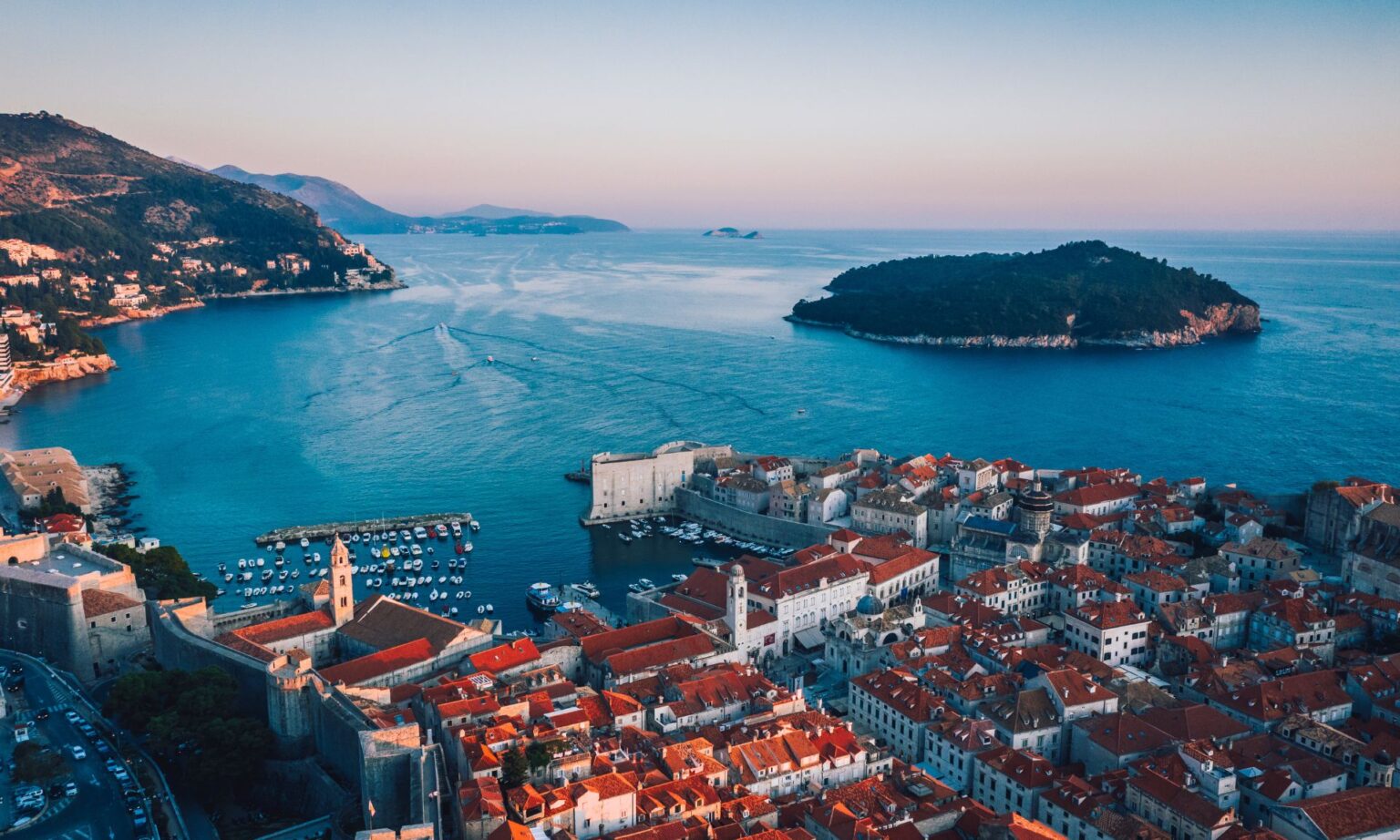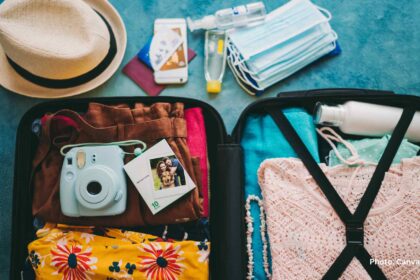Introduction
Croatia, with its stunning coastline, historic cities, and vibrant culture, has become an increasingly popular destination for travelers seeking diverse experiences. As you plan your trip to this picturesque country, one crucial aspect to consider is the affordability of your journey. In this guide, we’ll explore the various costs associated with traveling to Croatia, offering insights into accommodation, transportation, dining, and activities to help you budget effectively for a memorable and pocket-friendly experience.
Accommodation:
Croatia offers a range of accommodation options to suit different budgets. In cities like Dubrovnik and Split, you’ll find a mix of luxury hotels, boutique guesthouses, and budget-friendly hostels. Travelers looking for a more immersive experience can explore private accommodations like apartments and vacation rentals, often available at reasonable prices. It’s advisable to book in advance, especially during peak tourist seasons, to secure the best deals and ensure availability.
Transportation:
Getting around Croatia is relatively straightforward, with an efficient transportation network. The country has a well-connected bus system that links major cities and towns, providing an affordable mode of transportation. Additionally, the Croatian Railways offer train services connecting key destinations. Renting a car is also a popular choice, allowing travelers the flexibility to explore remote areas and scenic landscapes. However, fuel costs and tolls should be factored into your budget.
Dining:
Croatian cuisine is a delightful blend of Mediterranean and Central European influences, offering a diverse range of flavors. Dining out in Croatia can be affordable, especially if you opt for local eateries and taverns, where you can enjoy traditional dishes like cevapi (grilled minced meat), pasticada (marinated beef), and seafood delights. While upscale restaurants in tourist-heavy areas may be pricier, exploring less touristy regions can reveal hidden gems with delicious cuisine at more reasonable prices.
Activities and Attractions:

Croatia boasts a wealth of natural and cultural attractions, ranging from UNESCO World Heritage sites to pristine national parks. Entrance fees to these attractions can vary, with discounts often available for students and seniors. Exploring the historic cities’ old town areas is often free, allowing you to soak in the charm of centuries-old architecture and vibrant street life without breaking the bank. Consider purchasing city passes or park tickets in advance to take advantage of bundled discounts.
READ ALSO: Hiking in Croatia: Exploring the Best Trails and Essential Tips
Hidden Costs and Tips:
It’s essential to consider potential hidden costs when budgeting for your trip to Croatia. Currency exchange fees, credit card transaction charges, and tipping practices can impact your overall expenses. ATMs are widely available in cities, providing a convenient way to access local currency. Additionally, understanding local tipping customs can help you navigate restaurant and service gratuities smoothly.
Croatia offers a diverse and affordable travel experience for those willing to explore beyond the well-trodden tourist paths. By carefully planning your accommodation, transportation, dining, and activities, you can make the most of your budget while enjoying the rich tapestry of Croatian culture and landscapes. With its welcoming atmosphere and reasonable prices, Croatia stands as an enticing destination for travelers seeking both beauty and affordability.
Exploring the Charms of Croatia on a Budget Frequently Asked Questions
Is Croatia a budget-friendly travel destination?
Yes, Croatia can be a budget-friendly destination, especially if you choose accommodation, dining, and activities wisely. While there are luxury options available, there are also plenty of affordable choices for various aspects of your trip.
What is the best time to visit Croatia?
The best time to visit Croatia is during the spring (April to June) or fall (September to October) when the weather is pleasant, and tourist crowds are thinner. However, each season has its unique charm, so it depends on your preferences.
How is the public transportation system in Croatia?
Croatia has a well-developed public transportation system, including buses and trains. Buses are a common and affordable way to travel between cities and towns. Renting a car is also a popular option for exploring more remote areas.
What are the must-visit places in Croatia?
Croatia is known for its stunning destinations. Dubrovnik, Split, Plitvice Lakes National Park, and the islands of Hvar and Korčula are among the must-visit places. Each offers a unique blend of history, culture, and natural beauty.
Is English widely spoken in Croatia?
Yes, English is widely spoken in tourist areas, hotels, and restaurants. Croatians generally have a good command of English, making it easy for travelers to communicate.
Are there hidden costs to be aware of when traveling to Croatia?
Travelers should be mindful of potential hidden costs, such as currency exchange fees, credit card transaction charges, and tipping practices. Being aware of these factors can help you better manage your budget during your trip.
What is the currency used in Croatia?
The official currency of Croatia is the Croatian Kuna (HRK). It’s advisable to exchange currency at banks or authorized exchange offices to avoid additional fees.
How safe is Croatia for tourists?
Croatia is generally considered safe for tourists. It has a low crime rate, and locals are known for their hospitality. As with any travel destination, it’s essential to take standard precautions and be aware of your surroundings.
Can I drink tap water in Croatia?
Yes, tap water is generally safe to drink in Croatia. In most cities and tourist areas, the water quality meets high standards. However, if you are unsure, bottled water is widely available.
Are there vegetarian and vegan options in Croatian cuisine?
Yes, Croatian cuisine offers a variety of vegetarian and vegan options. Most restaurants, especially in tourist areas, are accommodating to dietary preferences, and you can find delicious plant-based dishes throughout the country.
Conclusion:
In conclusion, Croatia proves to be a captivating destination that not only enchants with its breathtaking landscapes and rich cultural heritage but also offers travelers an opportunity to experience it on a budget. From the historic streets of Dubrovnik to the pristine waters of the Adriatic and the cascading waterfalls of Plitvice Lakes National Park, Croatia has something for every type of traveler.
Accommodation options are diverse, catering to various budgets. Whether you choose a cozy guesthouse, a boutique hotel, or a charming apartment, there are affordable choices that don’t compromise on comfort. Transportation, facilitated by an efficient bus and train network, allows for cost-effective exploration, while renting a car offers flexibility for those seeking off-the-beaten-path adventures.
Croatian cuisine, a delightful fusion of Mediterranean and Central European flavors, can be enjoyed without breaking the bank. Traditional dishes and local eateries provide a genuine taste of the country, and venturing away from tourist hotspots can unveil hidden culinary gems at reasonable prices.
The country’s wealth of attractions, from ancient cities to natural wonders, offers a range of activities to suit different interests. With careful planning and consideration of potential hidden costs, travelers can make the most of their budget while immersing themselves in the beauty and hospitality that Croatia has to offer.
In essence, Croatia stands as a destination that invites exploration without a hefty price tag. Its affordability, combined with the warmth of its people and the diversity of its landscapes, makes it an ideal choice for those seeking a memorable travel experience that won’t strain the wallet. As you plan your journey to Croatia, remember that with thoughtful budgeting, you can unlock the full potential of this enchanting country, creating lasting memories without compromising on the magic of your adventure.
In another related article, 5 Hidden Gems to Discover Across Europe






